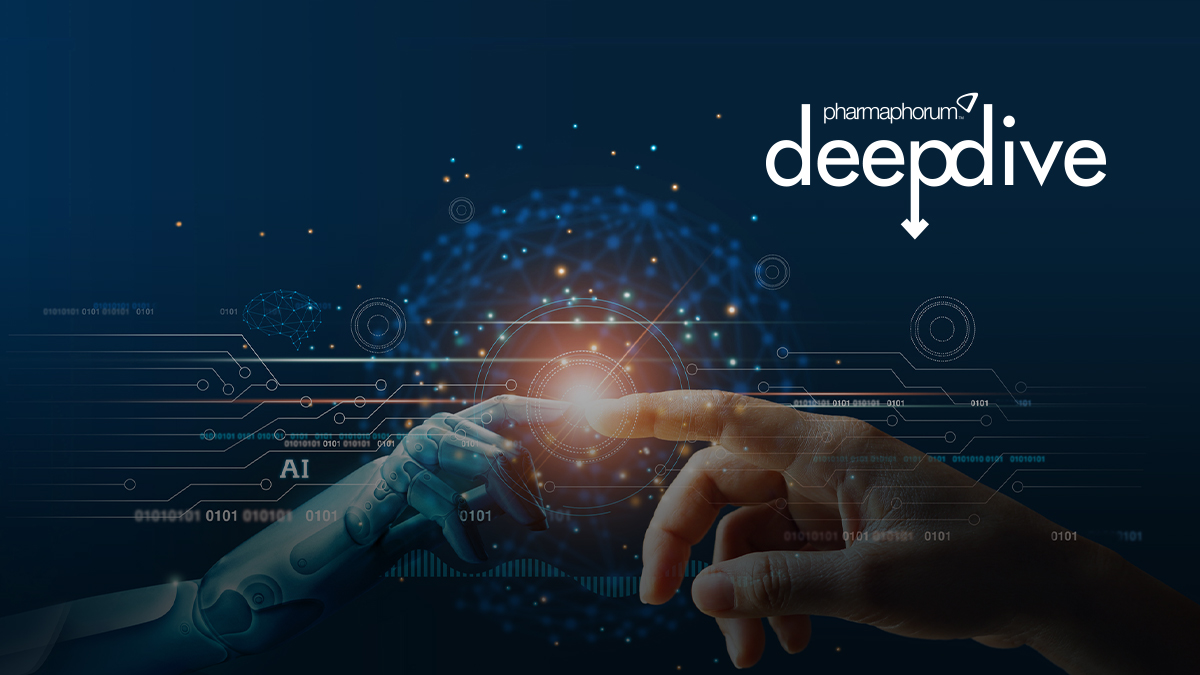AI meets human intelligence to address brain health

Researchers agree that early detection is the key to optimising the potential success of drug and device therapies – and that these therapies would work most effectively if they were administered when a patient first begins to develop a disease rather than waiting until when they are displaying obvious symptoms. However, it is extremely difficult to observe exactly when this process starts to occur.
Neurodegenerative diseases, such as Parkinson’s, for example, can currently only be detected by the presence of substantial and bothersome motor difficulties – but by the time a patient is exhibiting such symptoms, in some cases almost 70% of brain function may have already been lost. In contrast, subtle, often unseen motor symptoms manifest much earlier and offer the chance to detect patients at a more opportune time.
Likewise, in diseases such as Alzheimer’s, cognitive decline in certain subtypes can begin as early as age 45 and it is often ignored and/or labeled “Old-Timers Disease” until such time as the person becomes incapacitated in later stages.
As with many other unmet needs in healthcare, there are now several emerging digital innovations that hope to drive breakthroughs in neurological disease detection.
• Read the full article in pharmaphorum's Deep Dive digital magazine













